
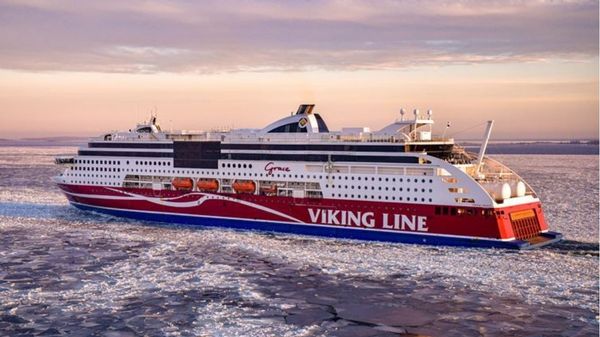
|
Viking Line secures biogas supply for 2026 after tenfold increase in biofuel use
Åland-based ferry operator aims to maintain 50% biogas blend throughout the year on two vessels. |
|
|
|
||
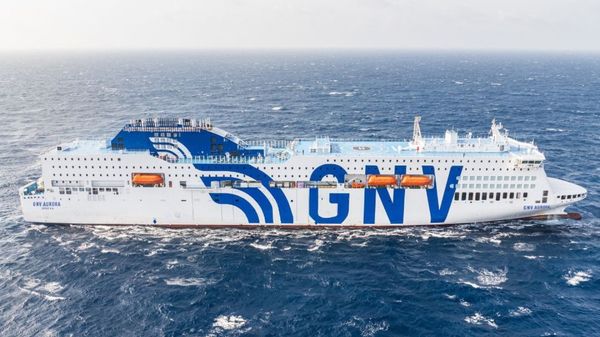
|
GNV takes delivery of second LNG-powered vessel Aurora from Chinese shipyard
Vessel to enter service on Genoa–Palermo route in April, completing first fleet renewal phase. |
|
|
|
||

|
Maersk takes delivery of first methanol-capable vessel in 9,000-teu series
Tangier Maersk is the first of six mid-size container ships with methanol-capable dual-fuel engines. |
|
|
|
||
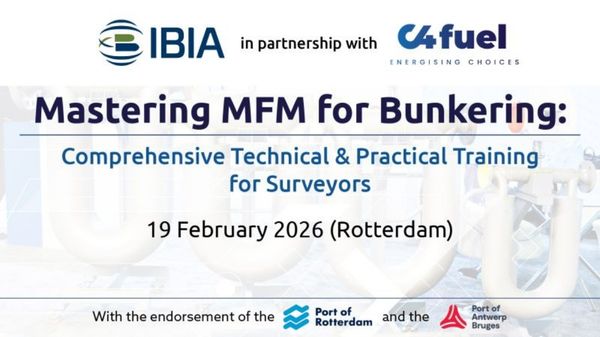
|
IBIA to run surveyor training course for mass flow meter-equipped bunkering in Rotterdam
One-day course scheduled for 19 February aims to prepare professionals for MFM-equipped bunkering operations. |
|
|
|
||
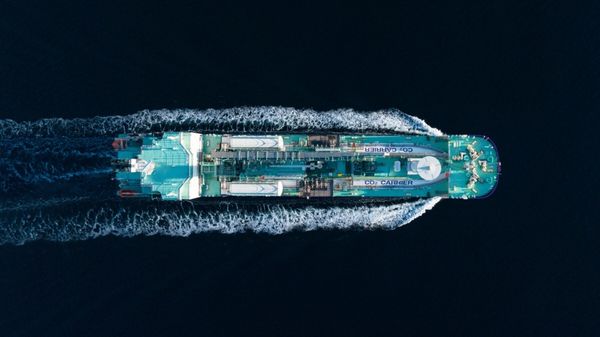
|
MOL secures two 12,000-cbm CO2 carriers for Northern Lights expansion
Japanese shipowner to deliver vessels in 2028 for cross-border carbon transport and storage project. |
|
|
|
||
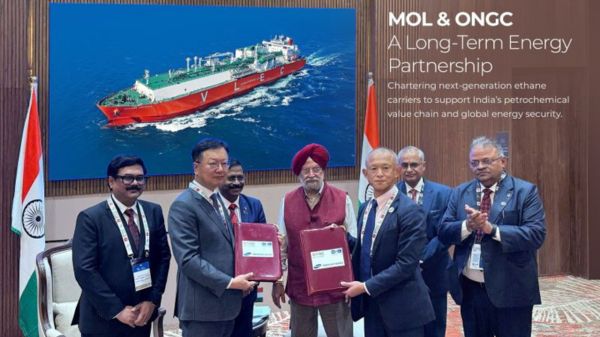
|
MOL and ONGC sign 15-year charter deal for two ethane carriers
Japanese shipowner expands fleet to 16 vessels with newbuildings scheduled for delivery in 2028. |
|
|
|
||

|
Dual-fuel container ship and vehicle carrier fleet reaches 400 vessels
World Shipping Council reports 83% increase in operational dual-fuel vessels during 2025. |
|
|
|
||

|
Lloyd’s Register publishes first guidance notes for onboard hydrogen generation systems
Classification society addresses regulatory gap as shipowners explore producing hydrogen from alternative fuels onboard. |
|
|
|
||

|
Rotterdam bunker industry faces upheaval as new regulations drive up costs and shift volumes
Red III compliance costs and a mass flow meter mandate are creating operational challenges across the ARA region. |
|
|
|
||

|
VPS appoints Neil Chapman as managing director for the Americas
Maritime services company names industry veteran to lead regional operations and client partnerships. |
|
|
|
||
| World's first dual-fuel feeder conversion slated for May [News & Insights] |
| Bureau Veritas to class world's first LNG conversion of a container ship [News & Insights] |
| World's first dual-fuel container ship retrofit announced [News & Insights] |